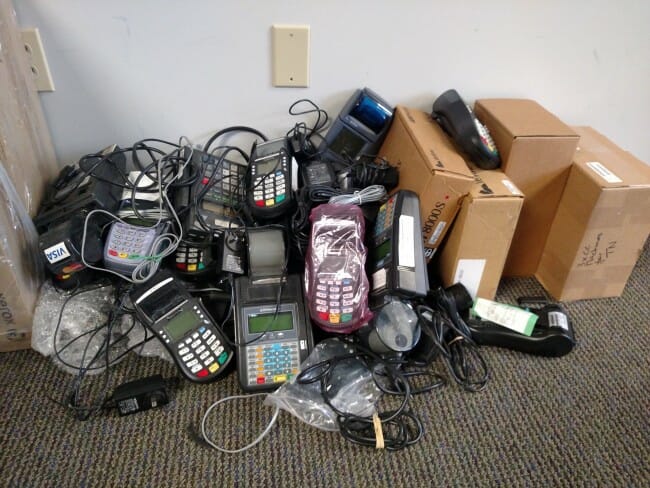Power, Privilege, and Free Speech
This is an excerpt from a letter I wrote to the Daily Princetonian a couple years ago in response to an editorial calling for speech codes of some sort (e.g. bans on "hate speech")
This is why I think Progressives are making a huge mistake in opposing free speech, on their own terms.
Speech codes are written by and for the privileged. They are written by the oppressor to shut up the oppressed. George Wallace did not need the First Amendment, black kids trying to go to the University of Alabama needed it. So the progressive opposition to free speech (e.g BLM shouting down the ACLU over free speech) is either 1) completely misguided, as the oppressed need these protections the most or 2) an acknowledgement that progresives and their allies are now the privileged, that they are the ones in power, and that they wish to use speech codes as they have always been used, to shut up those not in power. In our broader society the situation is probably #1 but on university campuses we may have evolved to situation #2.
The folks who wrote the first amendment were thinking about this dynamic. Had they instead decided to write a speech code, it likely would not have been good. It might well have banned the criticism of slavery, for example, if Jefferson and his Virginians had anything to say about it. But they didn't create a speech code, thank god. In fact, I am trying to think of any time in history I would have been comfortable with the ruling elite locking down the then-current norms of their society into a speech code, and I can't think of one. What gives you confidence, vs. the evidence of all history, that you can do so today with good results?
Unfortunately, in the time since I wrote this, the ACLU has apparently abandoned its absolute support of free speech and seems ready to knuckle under to Progressive speech codes. But never-the-less, I was thinking about this issue of speech codes and power when I read this:
Police officers in Crafton, Pennsylvania, arrested a 52-year-old black man, Robbie Sanderson, for shoplifting at a CVS in September of 2016. He called them Nazis, skinheads, and Gestapo as they cuffed him.
Because of those epithets, Sanderson was charged with "ethnic intimidation." Insulting the officers in such terms was an anti-white hate crime, from the perspective of the authorities. Sanderson had made bias-motivated "terroristic threats," they claimed. The alleged motivation increased the seriousness of Sanderson's crime from a first-degree misdemeanor to a third-degree felony.
Anyone with any education about history could have predicted such an outcome with total certainty.
